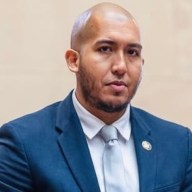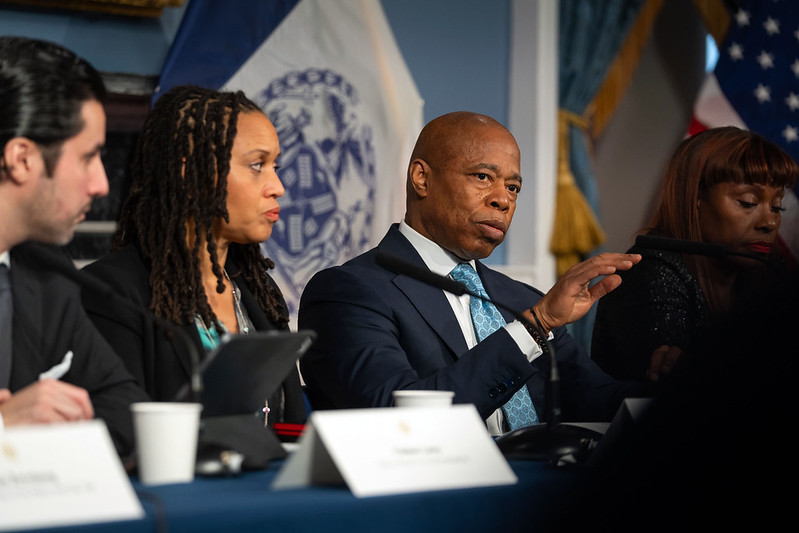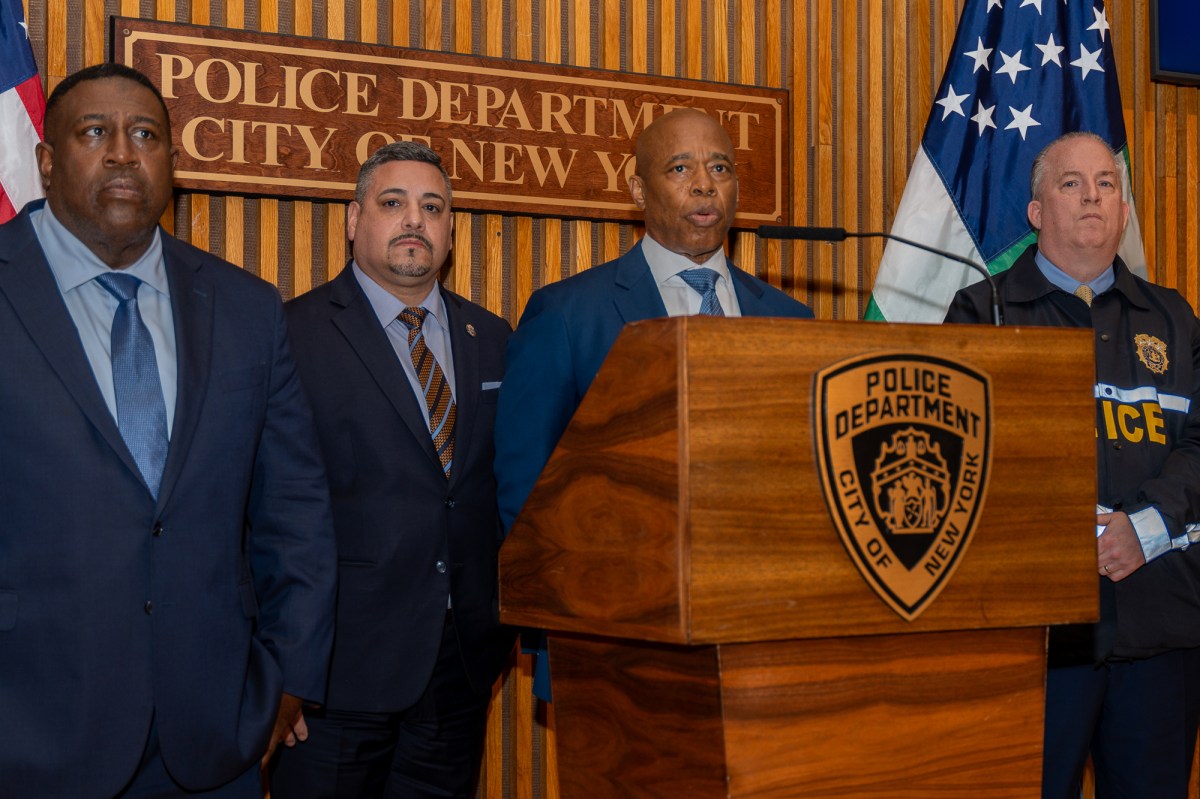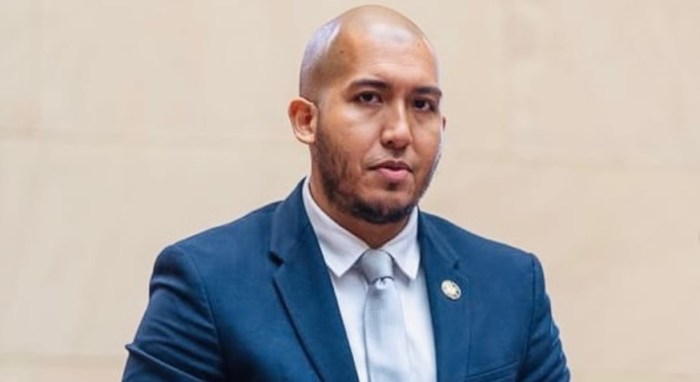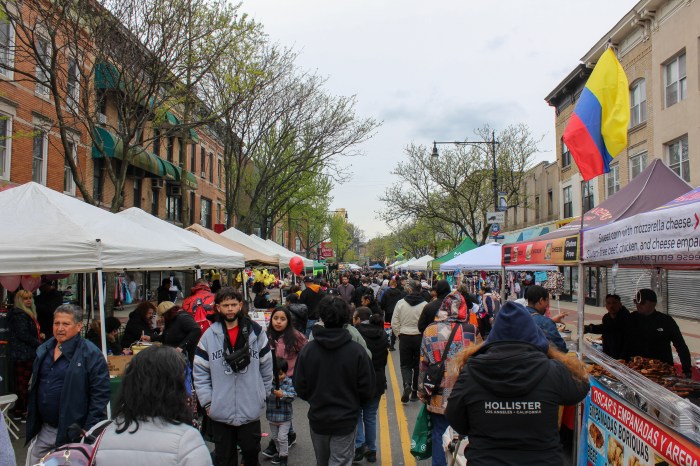By Alex Berger
February is Black History Month. It is a time for me, once again, to personally reflect upon the life of a very special lady. This special lady was born in New York City in 1885 and lived all her life here. She was indeed special because she had devoted most of her 96 years to working with the black youngsters living in her mostly black community. She encouraged the children to study, reach for the stars and be proud of their black heritage. Her life story is very unique.
The year was 1976. A young housing manager was assigned to manage her Brooklyn development. He arrived at his desk bright and early and ready to assume the managerial position. Rosetta “Mother” Gaston — the special lady — was one of the residents. Little did he know that she was, at the time, eagerly awaiting the arrival of this rookie manager.
That rookie manager was me.
I was particularly concerned about replacing a popular and very experienced black manager who was being promoted. He was kind enough to give me a full briefing before he left. At its conclusion, he advised that a call to “Mother” Gaston would be an appropriate way to begin my duties.
I agreed, even though I wondered why I should call. Probably she was just another cantankerous resident, I thought as I dialed her number.
“Hello, is this Mrs. Gaston?” I said, somewhat surprised by the strong voice on the other end of the line.
“Yes,” came the firm reply. “I am Mother Gaston.”
“Well, Mother Gaston, my name is Alex Berger and I am your new housing manager. It is a pleasure speaking with you.” I hoped to make this courtesy call as brief as possible. “If there is anything I can do for you, don’t hesitate to call,” I concluded.
“Berger, is that with an ‘I’ or an ‘E’? No matter, I want you to come and see me right now,” she demanded. “I have great difficulty in getting around and there is something important I must discuss with you.”
This was not what I wanted to hear.
“I am afraid that is impossible, Mother Gaston. This is my first day on the job and I. . .”
“Nonsense. You must come,” she insisted in a most persuasive manner.
“All right,” I answered, “but only for a few moments.”
As I reached for my coat, I looked for the former manager. He was nowhere in sight. I had to go alone.
I felt like a schoolchild being called to the principal’s office.
Expecting to see a large, middle-aged woman based on her booming voice, I was surprised to find a frail-looking elderly woman sitting on her sofa in a housecoat. Her voice and energy, however, were anything but frail.
“Sit down, Berger,” she ordered. “We have lots to talk about.”
She proceeded to fascinate, entrance and move me with her life story, replete with aged photographs and newspaper clippings. She had led a pioneering life as one of the early spokeswomen for “Negro” rights, beginning in the 1920s when she was a young girl.
“Berger, that part of my life is over. I now spend my days helping the youth in my community,” she said. “I consider them my children. We must teach and help them because they are the future.
“Tell me, Berger, will you do your best to help our youth? Say that you will.”
“I will,” I replied.
She rose slowly, looked me straight in the eye and said, “Berger, I know that you will. You will be hearing from me.”
I left with the realization that I was about to be transformed into a much different housing manager than the one I was before I knocked on her door.
True to her word, hear from her I did. From that day forward — almost on a daily basis — I would receive telephone calls from Mother Gaston. Almost all of them involved potential programs to help the youth. I listened and I tried my best to fulfill her many ideas.
Talk about rich learning experiences! In all my life, I had never dreamed that I could be drawn into such a close and respectful relationship with that little bundle of dynamite named Rosetta “Mother” Gaston.
Our personal dialogue went on for several years until one day, I was informed that I was to be transferred to another development in Queens. Mother Gaston, who was in failing health at the time, summoned me to her apartment as usual. Her once booming voice was now a whisper. Still, she managed to look me straight in the eye again and said, “Berger, I am going to miss you. Keep up the good work with the kids in Queens and thank you for your help in Brooklyn.”
I promised (and sincerely meant) to return to see her in a few weeks, but it was not meant to be. This special lady died before I had the opportunity to keep that promise. That was a missed visit that I wish I had made.
Every year during Black History Month, I remember her. I remember her dedication and concern for the youth in her community. I remember her Herculean efforts to help young people become constructive and contributing adults. I remember her humor and her goodness. Oh, yes, I remember all of these and much more.
A community center was named for her. A Brooklyn avenue was named for her. And her name will survive for a long, long time. Mother Gaston was truly a black heroine. She was also an American one.
Mother Gaston, I am happy that I took those many short walks to your apartment so many years ago. They made me a better manager and, more importantly, a better person. Thank you and sleep well.
Reach columnist Alex Berger by e-mail at TimesLedger@aol.com or call 229-0300, ext. 139.







